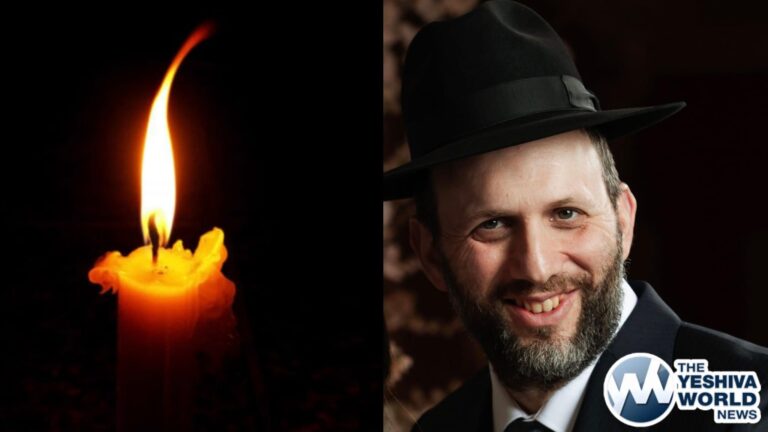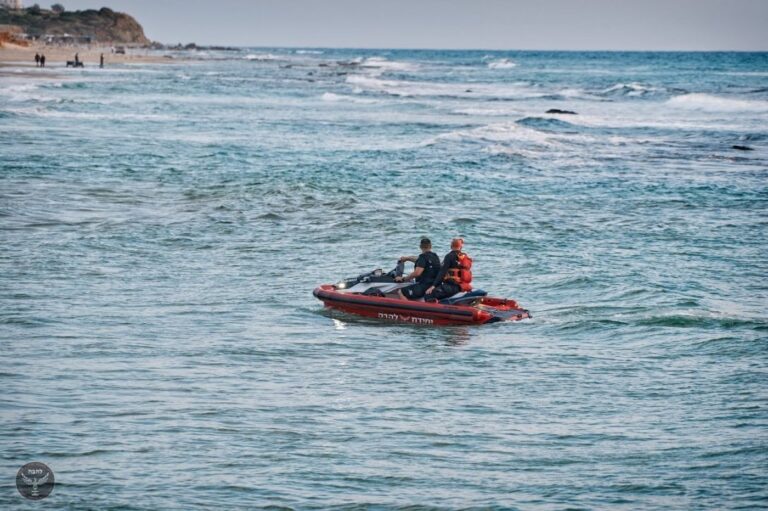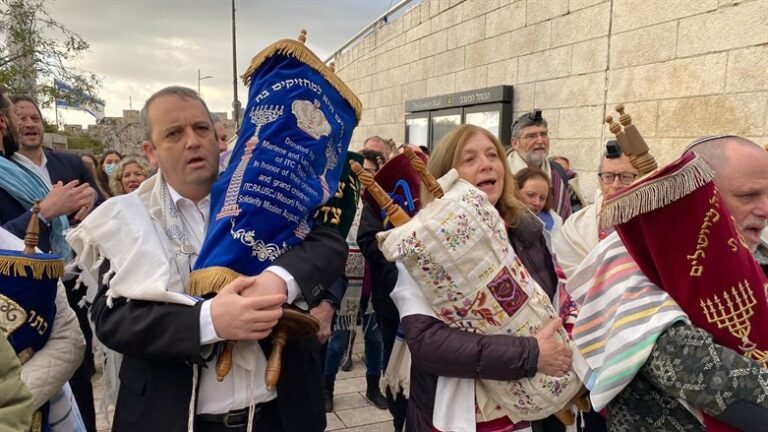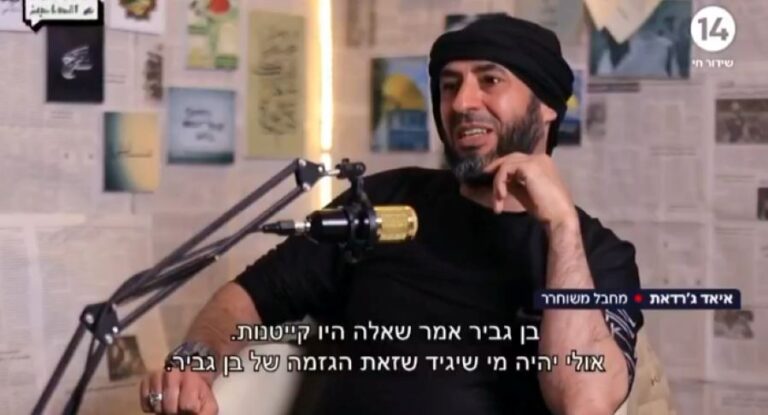 U.S. Secretary of State John Kerry tackles two of the world’s most intractable conflicts at the U.N. Thursday — eastern Congo’s nearly two decades of fighting and Syria’s 2 1/2-years of escalating violence.
U.S. Secretary of State John Kerry tackles two of the world’s most intractable conflicts at the U.N. Thursday — eastern Congo’s nearly two decades of fighting and Syria’s 2 1/2-years of escalating violence.
America’s chief diplomat will preside at a U.N. Security Council meeting assessing progress in implementing a Feb. 24 peace accord signed by 11 African nations to end years of fighting in eastern Congo. Later, he will meet with leaders of the Western-backed Syrian National Coalition to promote an international conference and a political solution to the conflict that has claimed at least 93,000 lives since 2011.
State Department spokesman Jen Psaki said Wednesday the U.S. believes the Congo agreement presents the region and the international community “with the unique opportunity to address the security, economic and … governance issues underlying the chronic instability and conflict in the region.”
U.N. Secretary-General Ban Ki-moon is scheduled to address Thursday’s council meeting along with World Bank President Jim Yong Kim, U.N. special envoy for Africa’s Great Lakes region Mary Robinson, the foreign ministers of Congo and Uganda, and African Union Commissioner Lamamra Ramtane.
Rwanda, which is serving a two-year term on the Security Council, is also sending its foreign minister who will also speak along with the 14 other council members.
The signatories of the peace deal include Rwanda and Uganda, which were accused in a U.N. report last year of helping aid the M23 rebel group which swept through eastern Congo in 2012 and captured the key city of Goma in November but pulled out under international pressure.
A report last month by U.N. experts monitoring sanctions against Congo said Rwandan support for the M23 movement had waned but not ended in the past six months. A subsequent report by Human Rights Watch said the rebel group still received training and supplies and was able to recruit in Rwanda.
Both Rwanda and Uganda deny aiding the M23, which began in April 2012 when hundreds of troops defected from the Congolese armed forces.
The United States wants the Security Council to adopt a presidential statement on the Congo peace effort but diplomats said Rwanda objected to some of the proposed language related to the M23. A tentative agreement on the text was reached Wednesday and council members sent it to capitals for approval with a deadline of Thursday morning, the diplomats said, speaking on condition of anonymity because negotiations were private.
The council has authorized a new intervention brigade for Congo with an unprecedented mandate to attack rebel groups, alone or with Congolese army troops, to neutralize and disarm armed groups.
In the late afternoon, Kerry is scheduled to meet with the newly elected leader of the Syrian National Coalition, Ahmed al-Jarba, and his delegation who flew to New York from Paris where they held talks with President Francois Hollande.
France pushed for humanitarian corridors in Syria during the meeting and Hollande also discussed the delegation’s demand to deliver weapons to its combatants.
Psaki, the State Department spokeswoman, said Kerry’s meeting with the delegation provides an opportunity to “discuss with them not only the situation on the ground, but the path forward towards a political solution.” She said they will also discuss ways to bolster U.S. assistance to local communities in Syria.
The National Coalition delegation, which also includes Michel Kilo and Burhan Ghalioun, is expected to meet a number of U.N. ambassadors later Thursday at a session hosted by Germany. On Friday, the opposition group will meet informally with the Security Council.
(AP)











2 Responses
The Congo has been a mess since the US and Belgium murdered Lumumba.
Yussel is right. And the irony is that it isn’t clear that Lumumba was a Communist!
And it was not the first time that the US helped to murder the Head of State of a foreign country. The Taft Administration conspired to help murder Mexican President Francisco Madero in 1913. Both these assassinations took place just days before the US President left office, each leaving the successor with a huge mess. Woodrow Wilson was so horrified when he found out what had happened that he had the US switched sides in Mexico’s Civil War; Victoriano Huerta, leader of the assassination plot, would eventually die in a US jail.
Things like this are a major reason why the US is hated in much of the world.